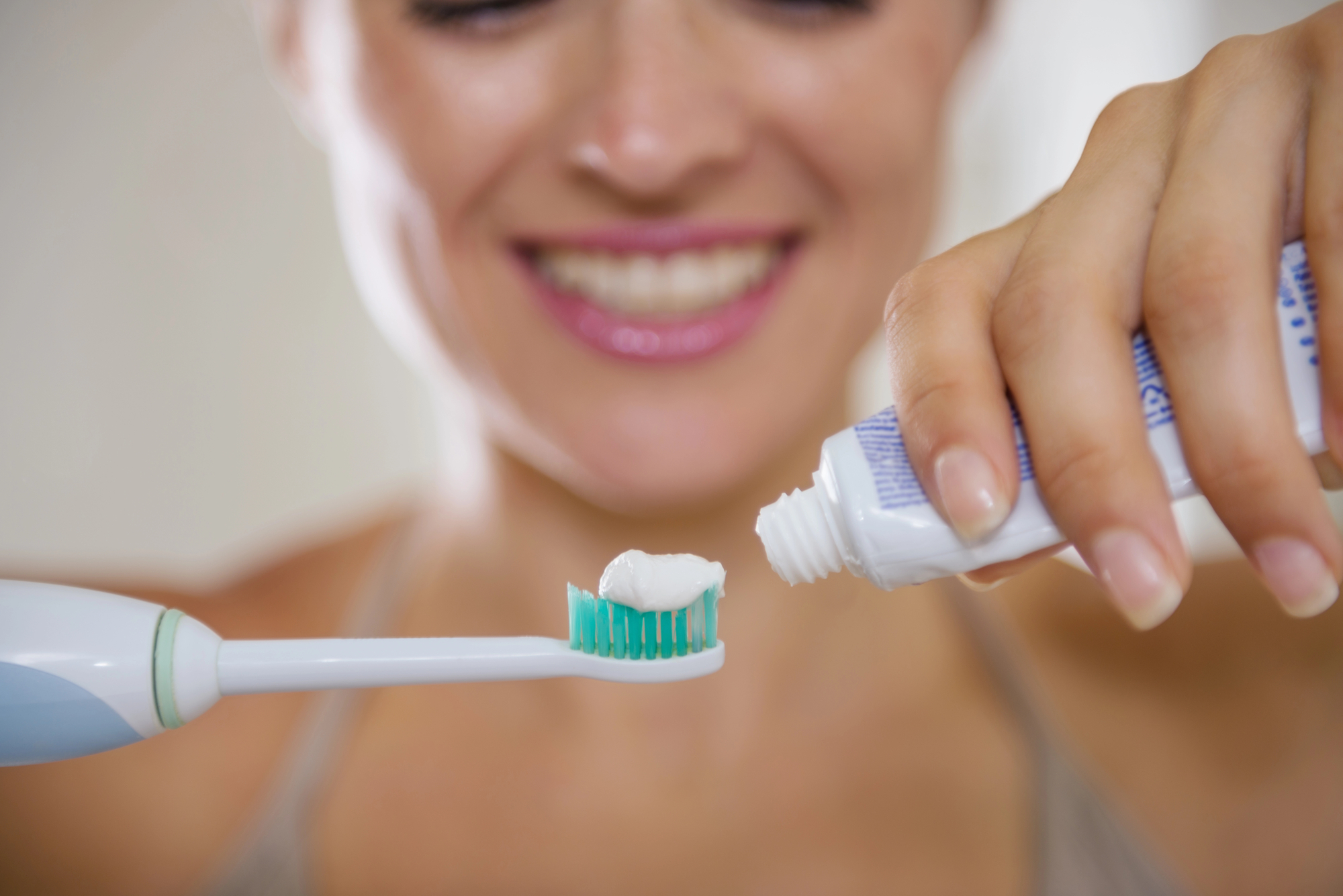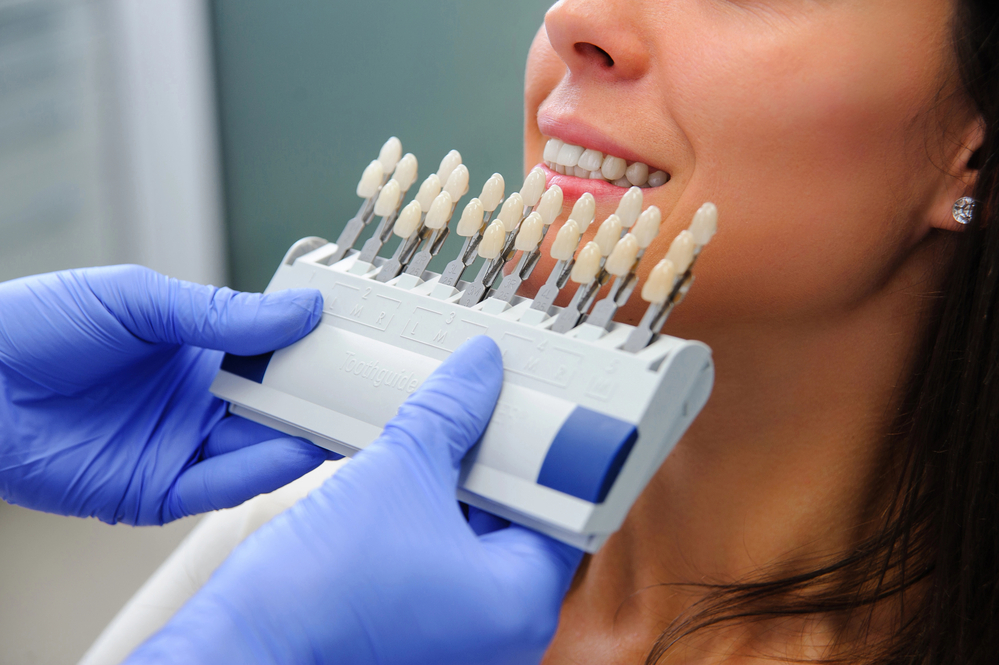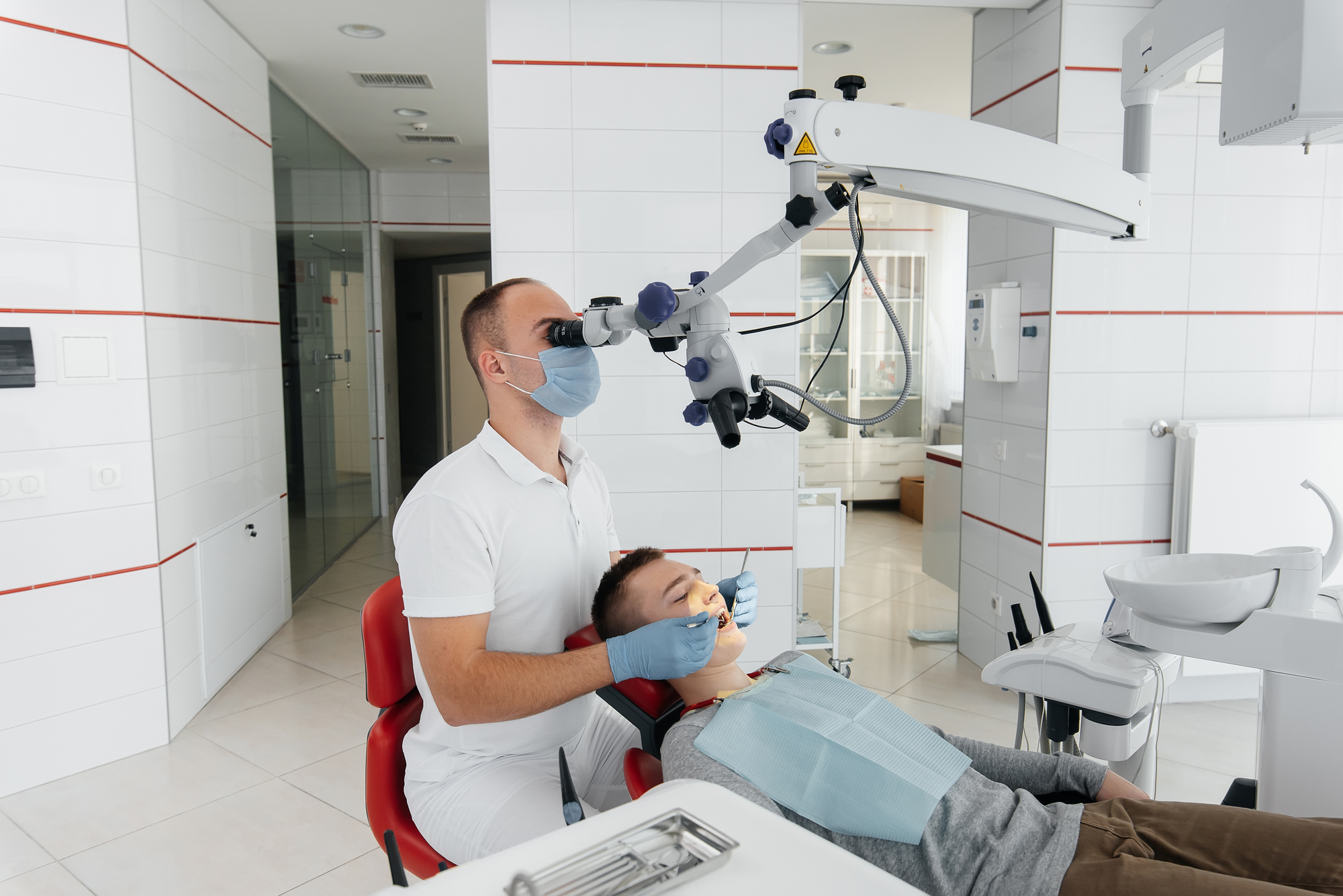Porcelain veneers are a paper-thin layer of porcelain that a dentist bonds to your tooth or teeth permanently. This is done to conceal or change their shape, color, or positioning. Veneers are an aesthetic and serious procedure in dentistry. Your dentist of choice should be someone whose work you like and who has relevant experience and expertise. It’s important to really be happy with the quality because getting veneers taken out is complicated.
Who Should Get Porcelain Veneers?
People who would like to correct an issue with their teeth would benefit from this procedure the most. Issues can include crooked, stained, and chipped teeth deciding if porcelain veneers are right or wrong for you. Staining and discoloration can be due to the use of certain medications, smoking, or drinking a lot of coffee or tea. Root canal treatment can cause discoloration too. Veneers are a good option if you want permanently white teeth. Patients who’ve had tooth whitening in the past, but were displeased with the effect being temporary, may opt for veneers. Veneers are a suitable choice for people who are looking for a natural finish to their teeth. You may have had thicker ones done in the past that failed to yield that result. Veneers will help with uneven, misaligned, or irregularly shaped teeth (with bulges or craters). They can also close spaces between teeth.The Downsides Of Porcelain Veneers
Whether porcelain veneers are right for you depends on several factors. For example, if your teeth are very crooked, it may be better to use braces or Invisalign first. Dentistry wants to keep your teeth healthy, and trying to fit a veneer on very crooked teeth to straighten them might cause too much damage to your natural tooth enamel-like composite veneers may be a more suitable option. Another reason to avoid a veneer would be if a tooth has a large filling or root canal. In this case, a porcelain crown would be better suited, as they can cover more to protect the underlying tooth more than a veneer would. Lastly, if you have an existing problem like periodontitis or gingivitis, it is best to get that under control before you acquire dental veneers. With that being said, here are some situations in which porcelain veneers would be best for:- Mildly crooked teeth or a tooth that is out of place compared to the rest
- Chipped teeth
- Very worn Tooth
- Stained teeth
- Teeth with gaps or uneven spaces, especially in front










